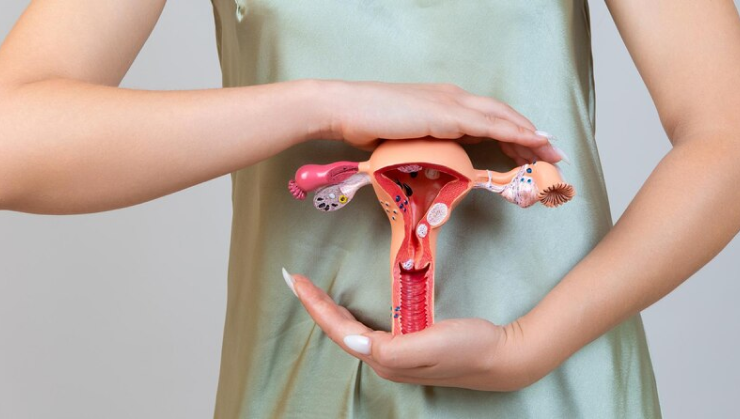
Obstetrics, Gynaecology and Fetal Medicine
Reproductive Tract Infections (RTIs): Causes, Symptoms, Treatment, and Prevention
December 2023
Obstetrics, Gynaecology and Fetal Medicine

Menstruation is a natural and essential aspect of a woman's reproductive health. However, for some individuals, the menstrual cycle can be accompanied by various disorders that impact their physical and emotional well-being. In this article, we will delve into the causes, symptoms, and treatment options for common menstrual disorders, shedding light on these often misunderstood conditions.
Menstrual disorders can be attributed to various factors, and understanding the root causes is crucial for effective management. Some common causes include :
Menstrual disorders manifest in various ways, and symptoms may differ from person to person. Some common symptoms include :
Effective management of menstrual disorders involves a personalized approach tailored to the underlying cause. Treatment options include
Understanding menstrual disorders is a crucial step toward promoting women's health and well-being. By recognizing the causes, being aware of symptoms, and exploring personalized treatment options, individuals can navigate these conditions with greater confidence and take proactive steps towards menstrual health. Seeking guidance from healthcare professionals and fostering open communication about menstrual health is essential for breaking down stigmas and ensuring that everyone has access to the support and care they need.

Obstetrics, Gynaecology and Fetal Medicine
December 2023

Obstetrics, Gynaecology and Fetal Medicine
December 2023